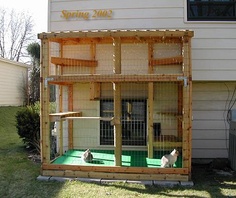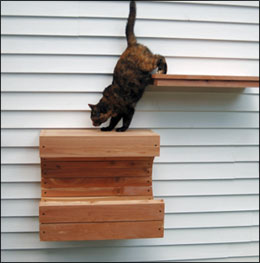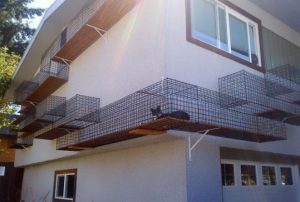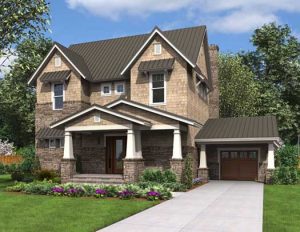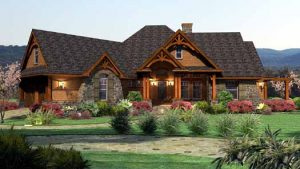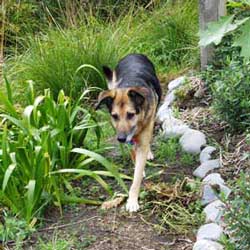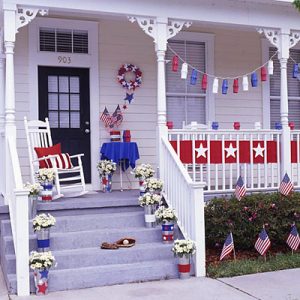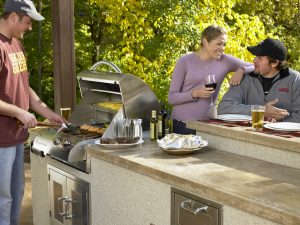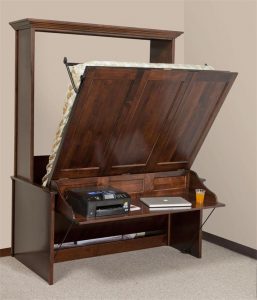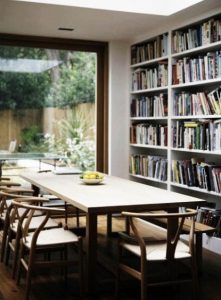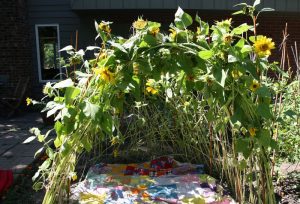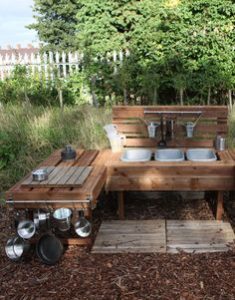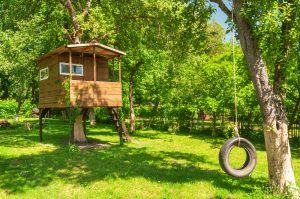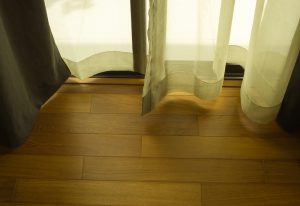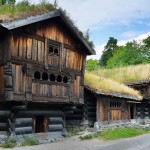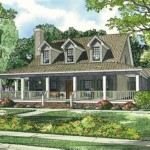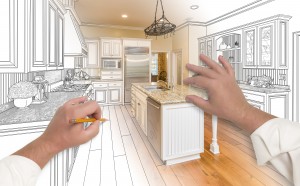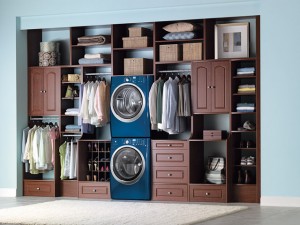For most folks, the summer months are too hot to justify using the fireplace, and for others these traditional built ins are not functional during any time of the year. Either way, a fireplace is included in many house plans because it draws your eye and creates a central focal point in the room. Even when not in use, resist the temptation to ignore your fireplace in warmer months. These nine suggestions will get you ready for a summer fireplace that stands out in a crowd.
- Plants

Plants add a pop of color and vibrancy to a space that can be dark and cool.
During the summer months, go big and green with vibrant indoor plants like ferns, ZZs, and ivy; or build a succulent garden with jade plants, cacti, and hens and chicks. Choose funky pots and layer them in the firebox where they will stay cool during the hot months while bringing a pop of bright summer color to your great room.

The fireplace can showcase items of special importance.
2. Artwork Display
For large sculptures or statues, use the natural eye-catching design of the fireplace for displaying these large pieces. Opt for a simple design so as not to detract from the artwork itself and the space transforms into a stunning shadowbox.
- Light up the logs!
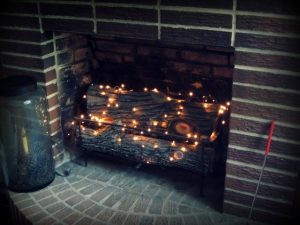
Use string lights to illuminate wood logs.
Stack real firewood in the firebox and use either tea light candles or thin strings of white lights to illuminate the space. For candles, use a drill to create “holders” in the wood for the tea lights and make certain that the logs are stacked in a completely stable fashion to minimize any risk of tipping while the candles are lit. Alternatively, wind wire-strand lights around the logs for a fairy-light look on a nearly invisible strand.
- Photo Display
Organize framed photographs of various sizes and heights in the fireplace to draw attention to the things that matter most to your family. Use mix-match frames and color photos of people and places for a funky, casual look, or use matching frames with black-and-white images for a classy, minimalist feel.
- Occasional Tables
If you have a small side table or console table not is use this could be the perfect place for it this summer! Setting an occasional table in front of the fireplace bring the space forward and provides a display space for lovely items or an additional resting spot for drinks and plates during a summertime gathering.
6. Wood Storage
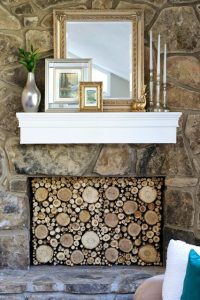
Artistically stacked wood makes a lovely display and doubles as wood storage.
Consider stacking firewood in the fireplace over the summer in a decorative way, using up the entire space for a fitted wooden panel. The play of stone or brick with natural wood is both interesting and functional. For a funky feel, paint the ends of some or all of the wood logs in bright colors to accent other statement pieces in the room.
- Shelves
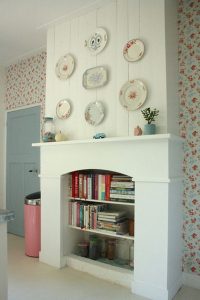
Book shelves in the fireplace make for a compelling conversation piece.
Simple shelves installed into the fireplace can be either temporary for a summer display or permanent for a non-functional fireplace. Fill the shelves with books for an unusual library or display books of special import for a bookshelf that is both functional and aesthetically compelling.
- Cover it up!
If you’re not inclined to use the firebox for a display case this summer, or just didn’t get around to cleaning it out, you can always cover it up with a solid screen. Find something made with natural materials such as wicker or woven grass for a summertime feel.
- Mirrors
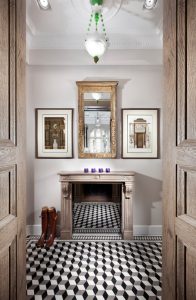
Mirrors expand the space and maximize light.
Mirrors might be the single best way to help a small space feel larger. Like with the shelf suggestion above, you can either go permanent or temporary with this idea. A mirror the same size as the fireplace can be mounted against the back wall to visually expand the floor space and reflect the room back to the viewer. Alternatively, mirrors in frames can be layered in the firebox to reflect light at different angles and brighten the space.
Click here to see all of our favorites ideas on Pinterest.

